![Vitamin-Sleep-Just-what-the-Doctor-Ordered-for-Your-Immune-System[1]](https://thelifepilot.com/wp-content/uploads/2022/11/Vitamin-Sleep-Just-what-the-Doctor-Ordered-for-Your-Immune-System1.jpg)
Getting enough sleep is vital not only for a healthy heart and brain, but a strong immune system as well. Doctors recommend anywhere from 7 to 17 hours of sleep per night depending on age. Without the correct amount the human body can’t function properly, which can lead to things far worse than spending an afternoon tired and cradling a venti double shot. Things like immune deficiency and increased risk factors for an entire range of diseases and illnesses, just to start.
What Does Sleep Do?
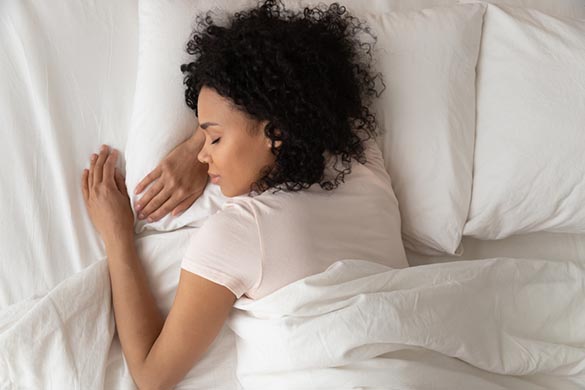
What happens during sleep that is so key in keeping our immune systems up and running at top speed? The answer is a complicated one. The very nature of why humans sleep and its integral importance to our existence has been under study for hundreds of years. Our understanding of sleep continues to evolve as do our scientific advances. Current technology has been able to capture more fascinating data than ever about how our bodies work while we sleep, and the effects it has on our waking lives. During specific stages of sleep, the human body goes through several different processes of rest and recovery. This is when our bodies produce the necessary proteins and amino acids that keep our immune defenses running. Sleep is effectively producing coal for the fire of our body’s own security system. So when we do not sleep enough, our bodies lack the necessary fuel to function at our best. This leaves you far more vulnerable to getting sick, and can increase the length of time it takes to recover from even minor illnesses. What are these super-powered proteins that the human body needs so badly for immune health, and why can’t we just take them as a supplement if our sleep schedule is a little tight? There are plenty of wakefulness aids in stores, so why is the real deal so important to immune health? The answer is called a ‘cytokine’, or rather, millions of cytokines.
What Are Cytokines?
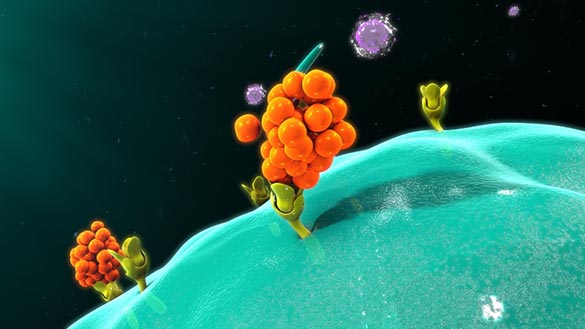
Cytokines are a very special, specific protein that is only produced in the brain. It’s primary function is to target unwanted, foreign infection and inflammation, and eliminate them. They are effectively the body’s self-restoration system, acting each night to replenish what was lost the previous day and prepare for the next. When we sleep, our brain both produces and releases Cytokines. However, the production and release phases can only take place during specific stages of sleep, meaning if you skip sleep, you miss part of your daily Cytokine dose. This leaves you vulnerable and more susceptible to illness.
Chronic Sleep Loss Dangers
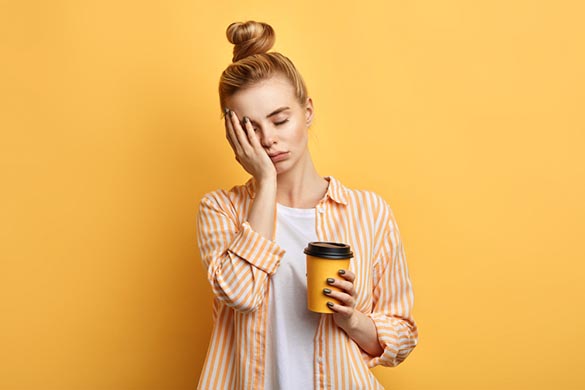
What’s worse, as sleep loss builds over time, so do the consequences. Cytokines can only repair so much in a given time, and less in limited sleep sessions. This means that a lack of sleep not only can cause you to catch an illness far more easily, it can also make that same illness endure for far longer than it otherwise may have if your body had been healthy and able to fight off the infection. Those aren’t even the worst potential problems that lack of sleep can cause, either. As a sleep deficit builds, so do things like mood swings, appetites, stress, headaches, and frequency of illnesses. Long-term lack of sleep increases the risk for preventable diseases like obesity, diabetes, heart disease, Alzheimer’s, and cardiovascular disease. It’s important to note that while not sleeping enough won’t technically kill you, it certainly will make it far easier for any germ or disease that may want to. Thankfully, there are ways to combat this, and one of the most effective, most popular ways was taught to most of us in pre-K.
Nap Time 101

So is all lost, if you fall behind on your sleep? No, of course not. Experts warn, however, that the more behind you fall when it comes to sleeping hours, the more difficult catching up can be. Missing an hour or two once in a while can be regained over a weekend or with a quick snooze during your day. But what happens if you don’t get the chance? Most of us are too busy to just take any old hour or two in the middle of the day and relax. Well, then that deficit builds, and the effects magnify and intensify. So you go from being a little groggy one morning, to intensely fatigued every morning, with an immune defense so low that even the common cold has no problem sneaking right in. From there, things can continue to spiral, but there are ways to avoid a complete meltdown if you can’t get a full night’s sleep once in a while. Previously we mentioned napping for an hour or two. When surveyed about how long a nap should ideally last to be beneficial, most adults answered between one and three hours, as a minimum. The truth is, the ideal nap length for adults is a mere 20 minutes. Why so little? How will such a short amount of time help in recovering anything at all? The problem here is the general misunderstanding of what a ‘nap’ can feasibly do for an adult. You won’t likely be able to stay asleep long enough to fully cycle through the necessary phases of sleep in order to recover what you missed the night previous. So instead, the adult nap functions much like a cup of coffee or energy drink; it’s good for a quick jolt to get you through the day, but is certainly no replacement for proper sleep.
How Many ZZZs Are Too Many?
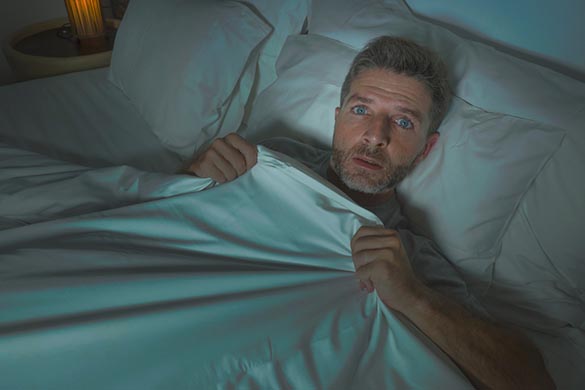
.What is the definitive answer on how much sleep you need every night? The reality is, there is no one correct answer that applies to everyone. Sleep needs vary by person, though the Sleep Foundation has been able to establish broad age categories that encapsulate a range that works for most people of certain ages. For instance, for an infant between 4 and 11 months, the Sleep Foundation recommends 12 to 15 hours of sleep per day. There are undoubtedly 6 month old infants in the world who sleep 11 or 16 hours per day, and that is probably fine for them. There are always outliers in broad data such as this, but the most important thing to remember when it comes to sleep and health is this: your current state is a result of the culmination of all of your actions, not just one. Staying up late one night or waking up early a few mornings won’t do any long-term harm, unless happenstance becomes a habit.
Ample Sleep Benefits
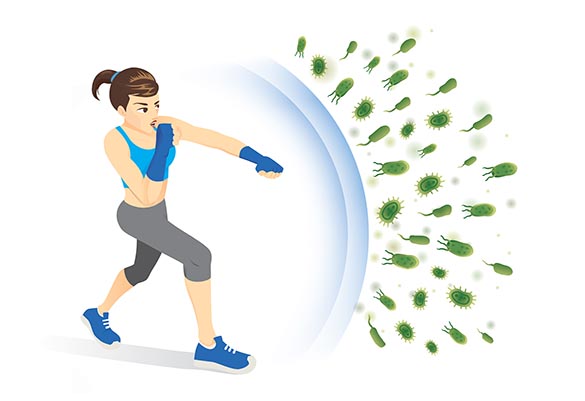
In order to get to your ideal state of health and wakefulness, you have to find the balance of sleep that’s right for your body. Many doctors can make recommendations and suggestions for what averages work for others, but only you can feel what your body tells you. Learning to listen to your own internal signals is imperative. When you’re able to find your ideal amount of sleep and get as much as you need on a regular basis, your body functions far better than even maximum effort may have otherwise been able to yield. That’s because many of your body’s defenses are internal, and you cannot activate them at will. Things like immune response, white blood cell production and release, creating proteins and destroying germs; all of these are automatic responses, and the only way to strengthen them is to bolster them with all the preparation time (aka, sleep) that they need to heal and run at optimal levels.
Trouble Falling Asleep?
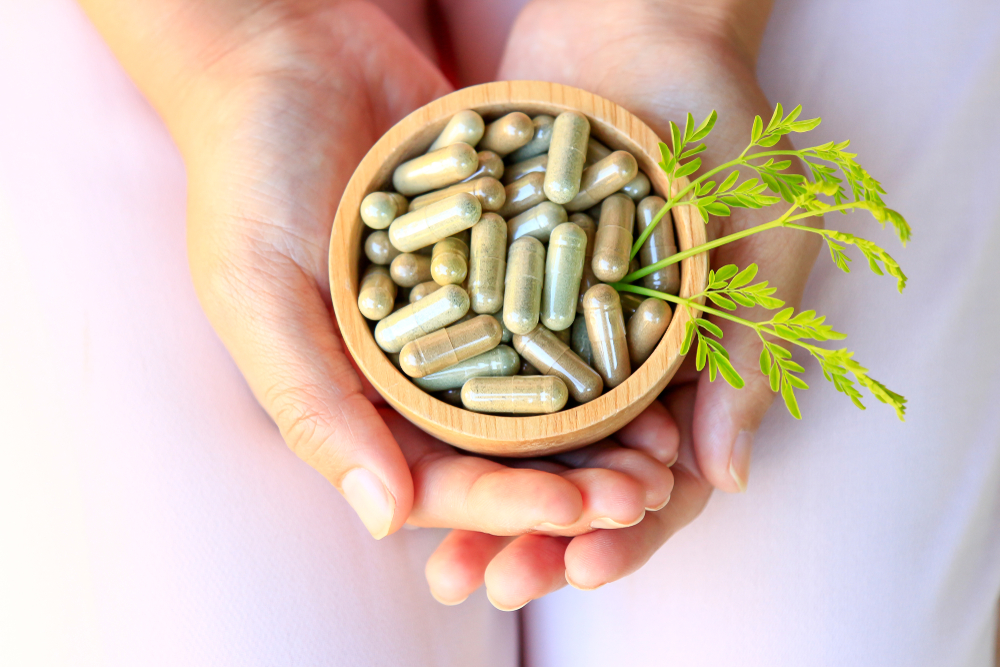
If you can’t get enough sleep at night because you have trouble falling or staying asleep, your immune system is compromised because of it. There are a seemingly endless supply of supplements dedicated to helping you sleep, but many can be habit-forming and addictive. If you do choose to pursue a supplement, be extraordinarily careful and be certain that you are selecting a natural, herb-based formula. For our top-rated safe sleep supplement, click here!






